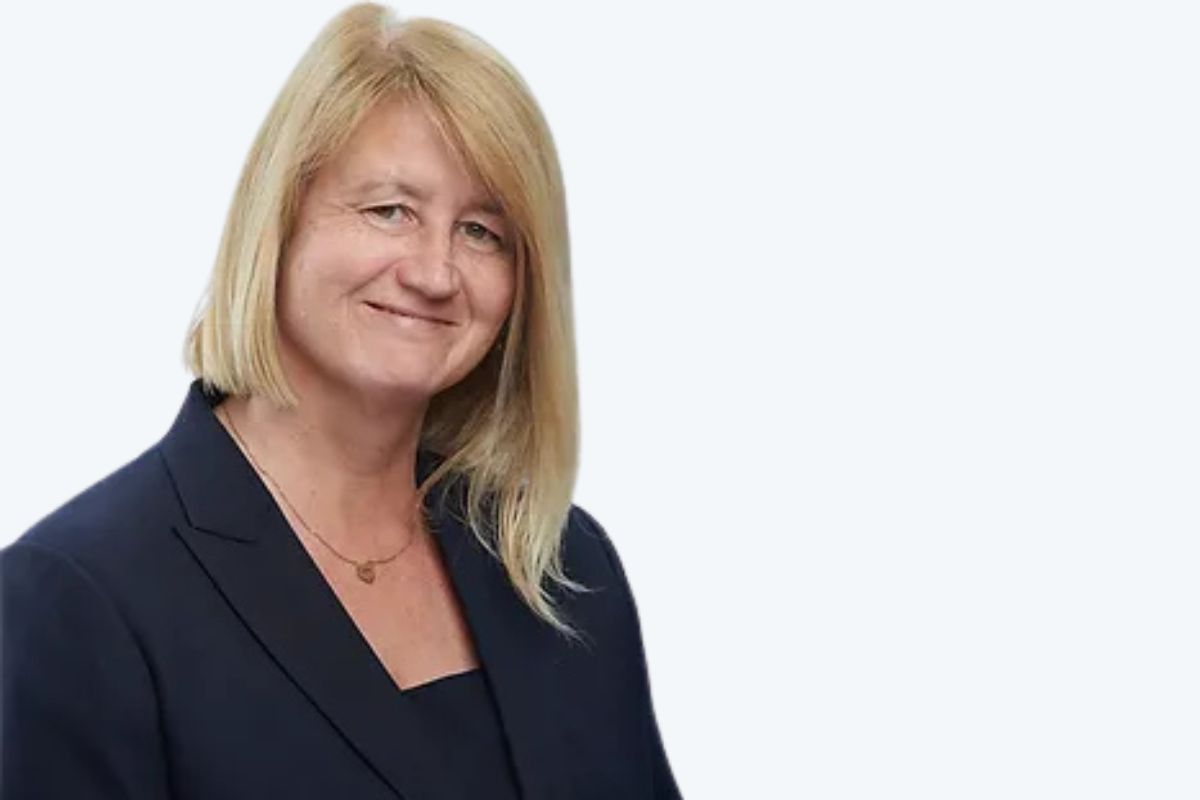Cuts led to vulnerable children “crisis”: Restore support to 2010 levels, peers tell ministers

@LordsPublicSCom – More than a million vulnerable children in England are being damaged and their life chances reduced by cuts to early years and youth support since 2010 which should be reversed, a House of Lords committee has said.
Lack of investment in protecting children at risk of serious harm has been felt disproportionately in the most deprived areas – resulting in worse life chances for children, bigger bills for taxpayers and more pressure on social services, according to a new report – ‘Children in crisis: the role of public services in overcoming child vulnerability’ – by the House of Lords Public Services Committee published today (19 November).
The committee wants government to pledge to return to higher 2010 levels of investment in early help services to support children and families. Ministers should set out urgently a national cross-government funded strategy with a plan for a nationwide roll-out of Family Hubs (centres where families and young people get joined-up help with a range of problems) at its heart.
A government Spending Review commitment to fund a small number of Family Hubs in only half of local authority areas will not compensate for the closure of children’s centres and falls “far short” of the vision set out in its own Early Years review, chaired by Dame Andrea Leadsom, which recommended that all families should be able to access a Hub.
Spending on early intervention support in areas of England with the highest levels of child poverty fell by 53 per cent between 2010 and 2019, research by Pro Bono Economics for the committee found, including:
- Walsall – down 81 per cent
- Manchester – down 75 per cent
- Liverpool – down 65 per cent
A government pledge to spend £492million on early help services over the next three years is “welcome” says the committee but after a decade of underinvestment this would not repair the “creaking public services infrastructure” on which vulnerable children rely or make up for the £1.7 billion-a-year cuts to council services such as Sure Start centres and family support since 2010.
A survey of almost 200 public service professionals found that half had seen a rise since the start of the pandemic in the number of children and families requesting help with mental ill-health, domestic violence and addiction problems.
Lack of coordination by government and regulators has undermined the ability of local services to work together effectively, intervene early and share information to keep vulnerable children safe and improve their lives, according to the committee.
And statutory agencies have failed to engage the voluntary sector or listen to service users when designing and delivering public services.
Baroness Armstrong, chair of the committee, said:
“We face a crisis in child vulnerability which needs urgent action.
“Too often public services can’t help children before it’s too late. Too many children fall through the gaps, go into care, are excluded from school or end up in prison – all of which costs the public purse more in the long run.
“We’re pleased that the government is supporting some areas to develop some Family Hubs but it now needs to commit to a national roll-out with the most deprived communities given priority to help vulnerable children and their parents. Effective early intervention services could reduce the role of the state in family life by supporting parents to meet their children’s needs.
“The government talks a lot about ‘levelling up’ so to start with it should restore funding for early intervention to 2010 levels and ministers must match their stated ambition on child vulnerability with urgent action to improve the life chances of disadvantaged children.”
The Committee found that the commitment in 2021 Spending Review for £164 million per year, for the next three years for Family Hubs and other family support services compares to a £1.7 billion yearly reduction in local authorities’ early intervention spending since 2010 on Sure Start and children’s centres, family support and youth services.
Tulip Siddiq MP, Labour’s Shadow Minister for Children and Early Years, responding to a new report showing the crisis facing vulnerable children from the Lords Public Services Committee, said:
“This report demonstrates how a decade of Conservative cuts to Sure Start and family services have had a devasting impact on the lives of vulnerable children.
“The Government’s meagre support for Family Hubs will not make up for the loss of over a thousand Children’s Centres since 2010.
“Ministers must now recognize the damage their neglect has done and heed this call to prioritise children and families.”
James Bowen, director of policy for school leaders’ union NAHT, said:
“This is an incredibly important report and sadly its findings match what school leaders are telling us about the lack of available services for vulnerable children and young people. These are the very children that need support the most and it is frankly scandalous that cuts to services have had a negative impact on their life chances.
“There is widespread agreement that early intervention is the best way to support vulnerable children yet a lack of capacity in the system means that all too often that support is not available. We agree that there should be a far more ambitious commitment to the family hubs programme. We simply have to get this right for vulnerable young people.”
Vulnerable children: Andrea Leadsom to be quizzed by Lords committee

6th July 2021: Former cabinet minister Andrea Leadsom, (@AndreaLeadsom) along with other expert and local government witnesses, will give evidence to the House of Lords Public Services Committee (@LordsPublicSCom) (Wednesday 7 July from 3.00 p.m.) when it continues its inquiry into vulnerable children and public services.
The MP chaired a review into improving the health and development outcomes for babies in England and published its findings in March 2021.
The committee will hear from:
At 3.00 p.m.
- Andrea Leadsom MP, lead on the Early Years Healthy Development Review
- Jon Yates, Executive Director, Youth Endowment Fund
- Natalie Perera, Chief Executive, Education Policy Institute
Likely questions include:
- What is inhibiting collaboration around the needs of vulnerable children and families at the local level?
- What is preventing national government and local services from investing in early family help, and how can this be overcome?
- What role should Family Hubs play in facilitating the integration of services and early intervention support as part of a national strategy on vulnerable children?
At 4.00 p.m.
- Lee Golze, Assistant Director of Partnerships, Early Intervention and Localities, Doncaster Council
- Dame Janet Trotter OBE DBE CVO, Child Friendly Coalition Gloucestershire
- Andy Dempsey, Director of Partnerships and Strategy, Gloucestershire County Council
- Karen Davison, Strategic Manager for Early Help, Durham County Council
Likely questions include:
- Do you agree with the findings of the Leadsom review that Family Hubs should be at the centre of an integrated Government strategy on vulnerable children?
- Have you been able to protect early intervention funding in your area and, if so, how?
- How do you work with the local voluntary sector to design and deliver services to vulnerable children and families?











Responses